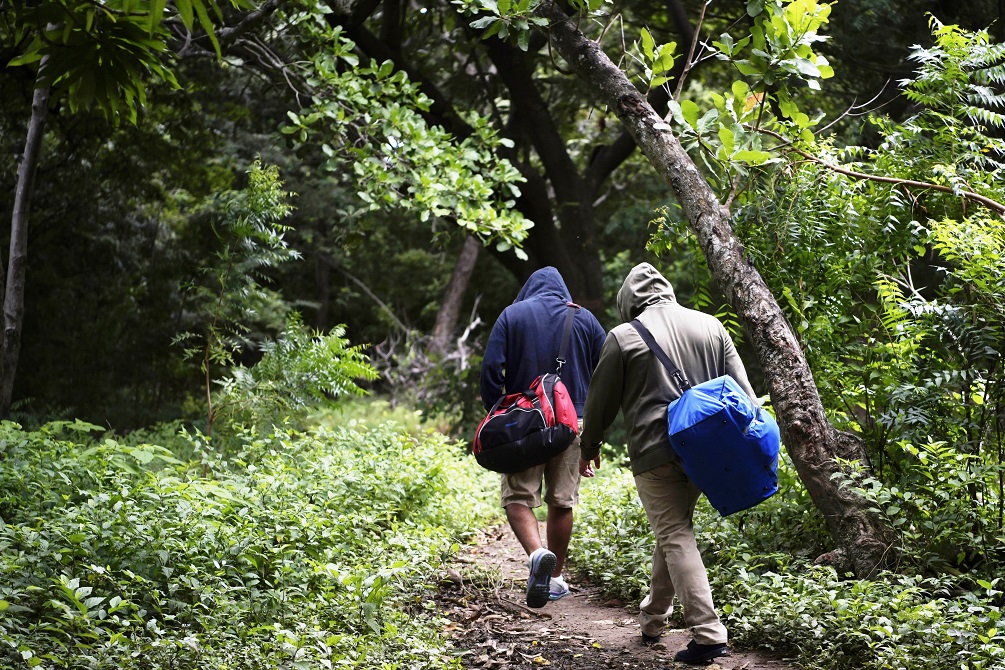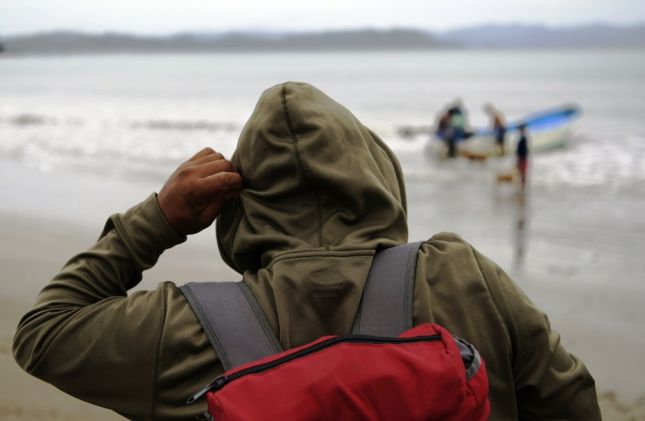More than 80,000 Nicaraguans fled their country between August 2018 and July 2019, escaping violence, kidnapping, and human rights abuses perpetrated by the Daniel Ortega regime, according to a September 3 report from United Nations (U.N.) High Commissioner for Human Rights Michelle Bachelet, Situation of Human Rights in Nicaragua.
“To this figure must be added some 30 percent of people who do not leave with documents or request asylum,” Alberto Cortés Ramos, professor of Political Sciences and Geography at the University of Costa Rica, told Diálogo. “Bachelet’s report warns about the lack of willingness on the part of the Nicaraguan government to guarantee accountability for impunity and human rights violations. This pushes thousands of Nicaraguans to seek refuge far away from violence.”
Costa Rica is the main destination for Nicaraguan citizens who flee the country. “Up to August 19, almost 65,000 Nicaraguans have requested asylum from Costa Rican authorities to protect themselves from the dictatorship’s repression,” Costa Rican Minister of Foreign Affairs Manuel Ventura told the press.
For Cortés, the massive arrival of migrants to Costa Rica causes imbalances in the job market and xenophobic behavior, in addition to concerns over refugees falling prey to crime, prostitution, and human trafficking networks.
“Many displaced Nicaraguans also see the United States, Spain, Panama, and Mexico as refuge options,” Eliseo Núñez, a Nicaraguan lawyer specializing in public policies and legislative law, told Diálogo from Managua. “Nicaragua, Cuba, and Venezuela are the main countries from which migrants originate. These regimes are destabilizing the region.”
Former officials, opposition leaders, journalists, physicians, human rights advocates, and farmers, are among asylum seekers who often walk across difficult terrain for hours, exposing themselves to heat, humidity, and malaria to avoid detection, said the U.N. Refugee Agency.
“People migrate because the situation is not up to them. We punish the effect and not the cause. In Nicaragua there will be more repression, death, and migration. Ortega has lost his support basis: young people. When a ruler loses the support of the youth, inevitably [the ruler] will lose power,” Cortés said. “Migration could activate a time bomb that would destabilize diplomatic relations throughout the region,” Núñez added.

The Organization of American States (OAS), through its Inter-American Commission on Human Rights, condemned the Nicaraguan government’s decision to prohibit OAS representatives’ entry to the country on September 14, to initiate diplomatic procedures to find peaceful solutions to the crisis.









